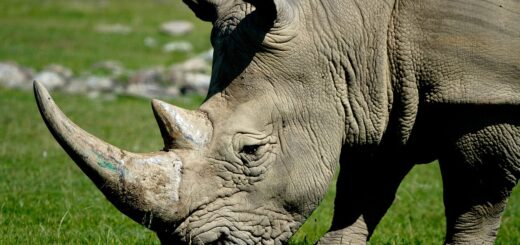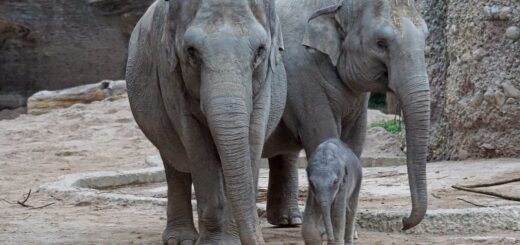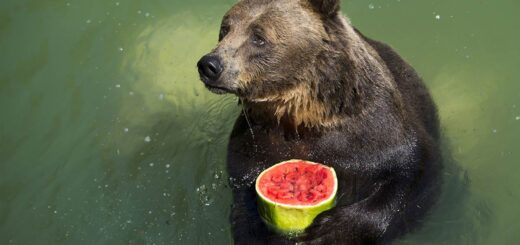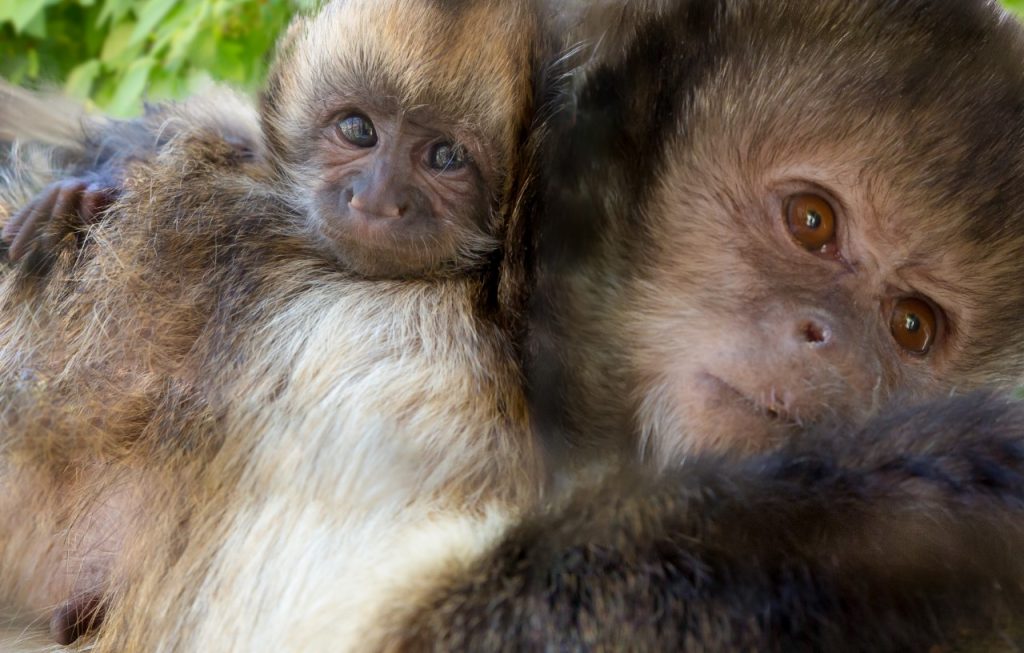Effects of nutrient variation on faecal consistency of two frugivorous primates
Citation
Chou PH and Cabana F. 2019. Effects of nutrient variation on faecal consistency of two frugivorous primates. In Brooks M, Freel T, Koutsos E Eds. Proceedings of the Thirteenth Conference on Zoo and Wildlife Nutrition, Zoo and Wildlife Nutrition Foundation and AZA Nutrition Advisory Group, Saint Louis, MO.
Abstract
Frugivorous primates under human care have historically been fed with diets mainly composed of cultured fruits. However, categorizing animals as frugivorous or folivorous could sometimes be misleading, as it encourages the focus to be on the type of food fed and not on the nutrients found within the food items. Moreover, feeding high percentages of cultured fruits may lead to health issues and loose faeces since cultured fruits generally have a higher content of total non-structural carbohydrates (TNC) than fruits eaten by wild primates. In this study, we conducted an intake study and recorded faecal scores of two frugivorous primate taxa, including four species of spider monkeys (Ateles hybridus, A. fusciceps, A. paniscus and A. geoffroyi) and two species of gibbons, (Nomascus gabriellae and N. leucogenys). General Linear Mix Model (GLMM) was performed to determine which variables had an effect of faecal scores: institutions, species, and each nutrient. Spearman correlation test was used to evaluate the relationship between each nutrient and faecal score. We also extrapolated significant nutrients to determine what concentrations may be associated with ideal faecal scores. In general, spider monkeys had softer and waterier faeces (3.1 ± 0.94 out of 5) comparing to gibbons (2.3 ± 0.95 out of 5). The faecal scores of gibbons were influenced more readily by nutrient composition of their diets compared to spider monkeys. Specifically, among eight nutrients, there were six nutrients significantly correlated with faecal scores for gibbons and only two nutrients for spider monkeys. Based on extrapolation, optimal scores may be reached with a range of dry matter between 20-25 % for spider monkeys and 18-20 % for gibbons, and a range of neutral-detergent fibre of 10-15 % for spider monkey and 20-25 % for gibbons to attain optimal faecal scores in captivity.
 14_Chou.pdf 13 KB
14_Chou.pdf 13 KB








